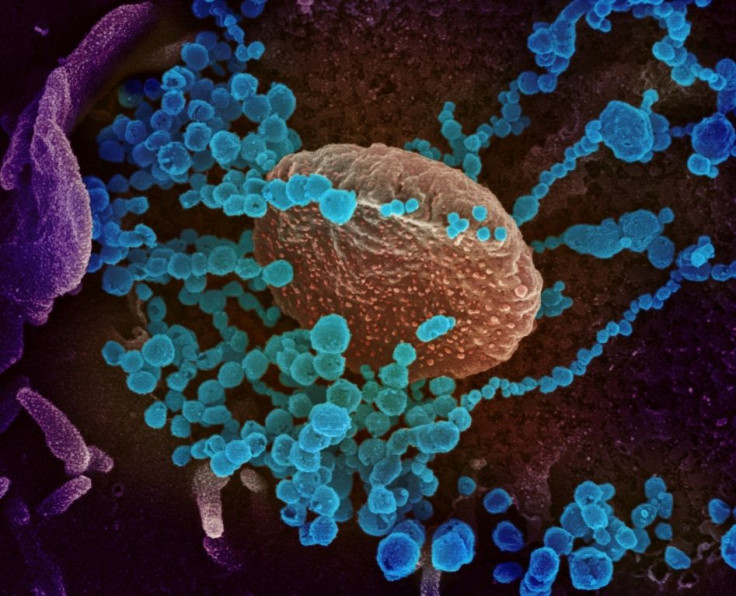Coronavirus Antibodies May Last For At Least Four Months, New Study Reveals

KEY POINTS
- A study from Iceland is among the first to provide a definitive answer as to how long antibody protection against COVID-19 lasts
- This protection might last for up to four months based on the antibody tests of more than 500 patients
- Some experts say the study “provides hope that host immunity to this unpredictable and highly contagious virus may not be fleeting"
New research out of Iceland suggests antibody protection stemming from exposure to COVID-19 might last at least four months from the time of diagnosis.
This conclusion was reached by a study conducted by Icelandic biopharma company deCODE Genetics based in Reykjavik. The study, Humoral Immune Response to SARS-CoV-2 in Iceland, was published recently in the peer-reviewed journal, The New England Journal of Medicine (NEJM).
In the study, deCODE researchers measured antibodies in serum samples from 30,576 persons in Iceland using six assays. Out of this total, they measured antibodies in 4,222 quarantined persons exposed to SARS-CoV-2 and in 23,452 persons not known to have been exposed.
The study then focused on a subset of nearly 500 people that had taken more than one antibody test, allowing researchers to determine if antibody levels faded over time. They found that antibody levels increased over the first two months and remained stable over the next two.
"Our results indicate that antiviral antibodies against SARS-CoV-2 did not decline within 4 months after diagnosis," wrote the researchers in the study. "We estimate that the risk of death from infection was 0.3% and that 44% of persons infected with SARS-CoV-2 in Iceland were not diagnosed by qPCR."
SARS-CoV-2 (severe acute respiratory syndrome coronavirus 2) is the virus that causes COVID-19.
The study showed antibody levels were higher in older patients and those experiencing more severe episodes of the disease. It also revealed women had lower antibody levels compared to men, and smokers had lower levels compared to nonsmokers.
On the other hand, the study admitted it's not clear if antibody production will prevent reinfection, and that the test subjects are from a homogeneous population. The authors said more research is needed to answer these and other questions.
The study is among the first to give a definitive timeframe for the protection provided by antibodies against COVID-19. According to conventional wisdom, the Mayo Clinic said antibodies may be detected in a person's blood for several weeks after recovering from COVID-19.
"Although these antibodies might provide some immunity to the COVID-19 virus, there's currently not enough evidence to know how long these antibodies last or whether past infection with the virus protects you from getting another infection," the study said. "Studies on COVID-19 antibodies are ongoing to learn more about immunity."
Researchers from Harvard University and the U.S. National Institutes of Health (NIH) said the study “provides hope that host immunity to this unpredictable and highly contagious virus may not be fleeting and may be similar to that elicited by most other viral infections.”
© Copyright IBTimes 2025. All rights reserved.





















